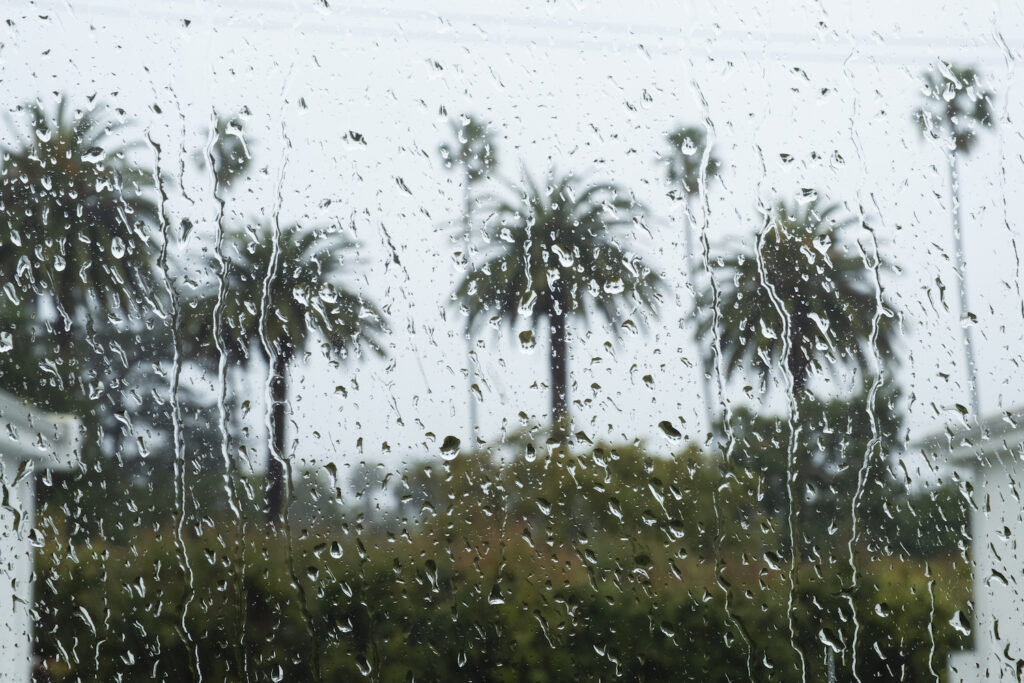If climate change is getting you down, and apparently it is getting a lot of people down including California kids being pushed into suicidal thoughts by adults telling scare stories, don’t worry. At least not by yourself. Instead check out the “Group Interventions for Climate Change Distress“ touted by Psychiatric Times. It’s a growth industry. Part, we suppose, of this clean green economy we keep hearing about.
The growth is not just quantitative. Global warming apparently creates whole new kinds of therapy because, the article says, “The climate crisis presents unique and complex challenges to the mental health and wellness of individuals and communities.” To which we respond that whatever its other effects, climate change certainly seems to inhibit the asking of basic questions like “Don’t all psychological issues from PTSD to arachnophobia present unique and complex challenges?” And “Who writes and edits such stuff?”
Including “The need for interventions at a global scale increasingly leads mental health providers to look toward large group interventions.” What? Should we now expect therapists with megaphones roaming crowded cities broadcasting mindfulness exercises? And why would the interventions be transcontinental? The people stressing out do not straddle time zones nor is it obvious how one would counsel people “at a global scale” even if they did. It seems more logical to counsel particular people as the unique and complex individuals they actually are. Especially since a great many other mental health issues, from addiction to agoraphobia, occur worldwide and require resources that can be difficult to muster on a sufficient scale, what logic is there in suggesting that this problem and possibly it alone requires large group interventions or, indeed, that such interventions would be likely to work if it were possible to undertake them or even to explain what undertaking them might look like?
Reading on, we learn that there is now a field of “disaster psychiatry”. Which is not, apparently, what happens when you get bad treatment. Instead, in this field, “Beyond contemporary approaches of diagnosing and treating illness...there should be a transition to early screening and delivery of public health interventions that are evidence-based, cost-effective, readily accessible and community-focused with the goal of reducing distress, enhancing well-being and functioning, reducing the rate of progression to psychological disorders and, ultimately, improving the overall trajectory….”
Once again the acid red pen of the editors lurking within us here at CDN asks, before hitting “Print” on such prose, how this field of psychiatry differs from those in which you’d advocate late screening and delivery, disregarding of evidence, reckless spending, barriers to access and scorn for the community, with the goal of increasing distress, reducing well-being, impeding functioning, accelerating the progression to disorders and sending the overall trajectory into the dumpster?
As usual being on the fashionable side of climate change frees you of the burden of intellectual rigour. Though eventually the thick fog of buzzwords parts to reveal “Climate Cafés”, helpfully shorted to “CC”, “with the idea that diverse individuals will benefit from discussing their concerns about climate change in an informal supportive space, free of charge.”
Sort of like talking out your problems over coffee with a small group of friends instead of going to a credentialed stranger in a clinical setting, let alone experiencing a large group intervention. Though unlike the old amateur method of coping with issues the CCs would be “clinician-led,” possibly in case the clients began to wander dangerously close to realising their psychosis was less the result of climate change itself and more the result of non-stop hysterical fearmongering.
Apparently CCs are modeled on “Death Cafés”. Which, it turns out, are not places where the coffee is poisoned or the snacks have spoiled badly but “gatherings aimed at increasing awareness of death and mortality as a means to becoming more engaged and fully alive within our finite lives.” In case you didn’t know you were going to die or something. They could write “Memento mori” on the chalkboard if they could spell it. (OK, we had to Google it too.)
These cafés come with the kitchen sink, of course. “The Good Grief Network (GGN) is a nonprofit support group organization aiming to help people build resilience for living with climate change, as well as other systemic issues such as racism, classism, sexism and homophobia.” So perhaps psychiatry has broken into the field of political correctness and sprawled amorphously there. And economics, since in one program, “Instead of turning away from the problem, group members reframe and honor their feelings, and then develop fresh perspectives intended to bring about ‘The Great Turning,’ a societal transformation from an industrial, growth, and consumer-based society to a more equitable and sustainable one.”
It makes us wonder what ever happened to the Rorschach test? Though perhaps it’s a variant on that old joke in which, in this case, the patient says everything looks like a hot thermometer.



I’m on record as stating that people who have lost family and friends to suicide over climate emergency bs need to go looking for those who have killed their loved ones.
In canada, those that will have much to answer for include David Suzuki, Liz May, Trudeau, McKenna, etc
There is a long list and it would help speed things along if the parents of dead children go look for those responsible for those deaths.
Maybe start by reading leftist confessions like Apocalypse Never by Mike Shellenberger
Thought #1 - When I was in graduate school I took an anthropology class in which one of the text books stated (I paraphrase) that the number of students graduating with advanced degrees in psychology corresponds one for one with the number of "new" psychoses, phobias, fears, and anxieties invented.
Thought #2 - In this case (article above) there is a hauntingly familiar refrain of population mind control techniques which have been the theme of many popular science fiction stories.